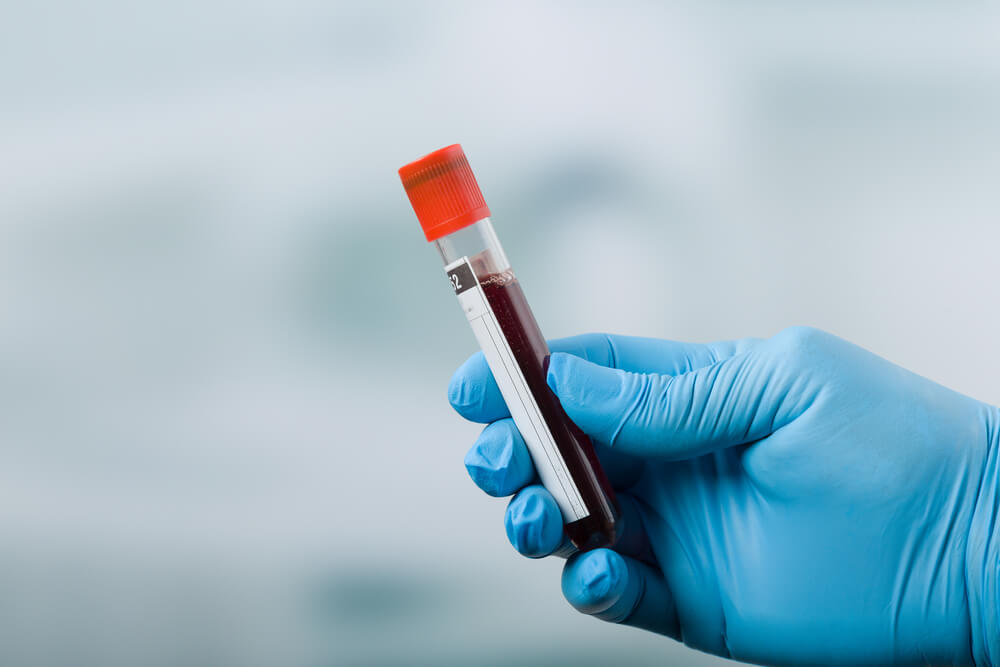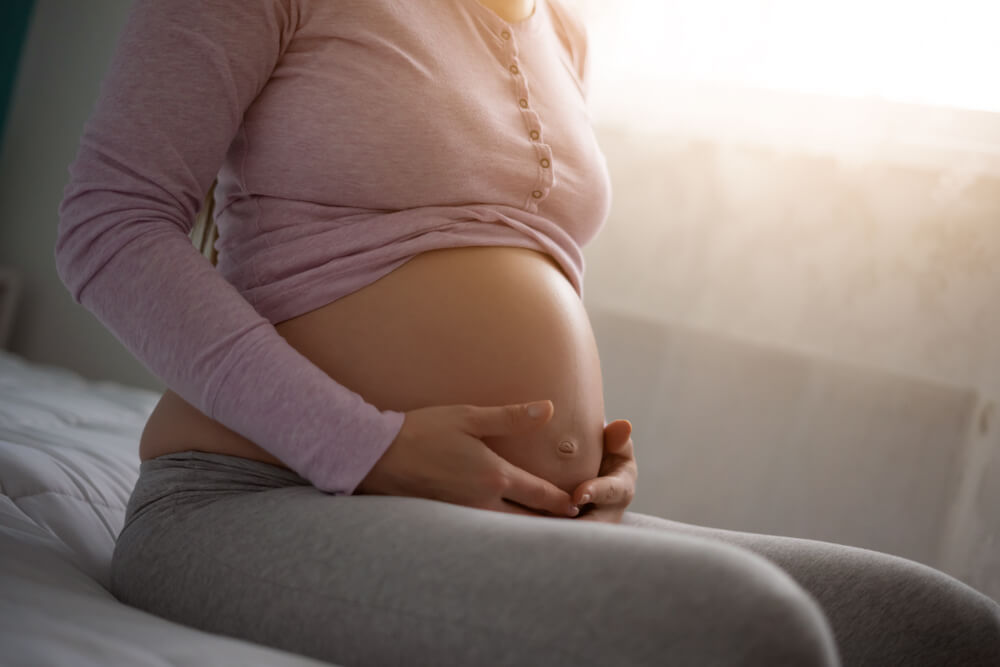Hemoglobin is a red blood cells’ protein that transports oxygen within the body. When a person has low hemoglobin levels, that also means that they have a low level of oxygen in the body. Usually, when this happens, the diagnosis at hand is called anemia. Anemia means that you do not have enough healthy red blood cells and must start taking steps to alleviate your condition.
In general, some types of anemia are prevalent, and they are treated in a simple manner. Still, when you have anemia in pregnancy, that brings this particular problem to another level. Your baby can be in danger due to the low amount of oxygen received on a daily basis and suffer from different consequences later on.
High-risk pregnancy management is of the utmost importance when it comes to any type of irregularities during your pregnancy, and Women’s care of Bradenton is the place where you can find every possible kind of service to make your pregnancy as enjoyable as possible and make you as a future mother and your child as healthy as you can be.
Who Can Suffer From Anemia During Pregnancy?
Some persons are more at risk than others when it comes to having anemia in pregnancy. This includes:
- Persons who have celiac or Crohn’s disease
- Persons whose dietary choices do not include meat or dairy (vegetarians, vegans)
- Persons who had two pregnancies back to back
- Persons who are expecting twins, triplets, etc.
- Persons who often vomit due to morning sickness
- Persons who experienced heavy bleeding during their periods
- Persons who do not take enough iron and other supplements during the pregnancy
- Persons who suffered from this condition before the pregnancy
- Persons who are teenagers and pregnant

Causes of Anemia During Pregnancy
As mentioned, there are several types of anemia a person can suffer from, but during pregnancy, the following types are the most common:
- Iron-deficiency anemia
- Pregnancy-related anemia
- Folate-deficiency anemia
- Vitamin B12 deficiency anemia
- Anemia from blood loss during and after delivery
When it comes to iron-deficiency anemia, it occurs because your infant is using your red blood cells to develop, and the body does not have enough iron to produce new amounts of hemoglobin. Pregnancy hemoglobin levels are a great indicator to show whether your body has enough oxygen and supplements to function correctly. Low iron in pregnancy can cause severe complications if it is not cured on time.
Pregnancy-related anemia is closely connected to the volume of blood in the body, which increases during pregnancy, so more vitamins and iron are needed to make more red blood cells. It is actually quite normal to have mild anemia when pregnant, but the levels need to be monitored often. This is also directly tied to low iron in pregnancy, so it is essential to be mindful of pregnancy hemoglobin levels.
Folate deficiency during pregnancy relates to the amount of folate in the body. Folate is actually vitamin B which helps iron to make cells grow. Again, if the folate levels are not high enough in the body, this can cause iron deficiency and low hemoglobin in pregnancy. Sometimes women do not get enough folate from food, so they have to take folic acid supplements.
Lastly, vitamin B12 deficiency, as the name itself says, represents a low level of B12 vitamin in the body during pregnancy. This vitamin helps create red blood cells and protein, so it is crucial to have healthy levels of this particular vitamin in the body generally, but especially during pregnancy. It can be found in meat and dairy, so persons who are, for example, strict vegans are advised to take B12 shots and supplementation.
Symptoms of Anemia in Pregnancy
Some symptoms will help you recognize that your hemoglobin levels are low and that you need to visit a doctor. The most common symptoms of anemia in pregnancy are:
- Paleness (lips, skin, nails, palms)
- Fatigue
- Feeling of weakness
- Dizziness
- Vertigo or a sensation of spinning
- Short breath
- Tachycardia or fast heartbeat
- Lack of focus and concentration
These symptoms do sound like symptoms for many other conditions, so it is imperative to consult your chosen healthcare professional when you experience these signs during your pregnancy.
Diagnosis
A simple blood test will help your doctor diagnose anemia, and other tests such as a hemoglobin or a hematocrit test will help the medical professional measure the amount of hemoglobin and the percentage of red blood cells in the body. Also, measuring the level of iron helps determine different types of anemia. If all these parameters are normal at the beginning of the pregnancy, you might be advised to recheck them during later stages.
Consequences of Low Hemoglobin Pregnancy
When the anemia during pregnancy is severe, and you do not treat it, there are a few possible outcomes that can occur:
- You can give birth to a low-birth-weight infant
- Your baby might arrive much earlier
- If you lose a lot of blood during the delivery, you might need a blood transfusion
- You can experience postpartum depression
- Your post-delivery recovery might be slower
- Your child can have obstacles and delays during later development
- Your baby can also have anemia
- Your baby can develop congenital disabilities of the spine or brain caused by low folate levels
Make sure that you check your red blood cells and hemoglobin levels regularly to avoid complications such as these at any stage of your pregnancy or delivery.

How to Prevent and Treat Anemia in Pregnancy
Generally, it is not too complicated to prevent anemia during pregnancy. Here are some potential steps you can take:
- Eat well-balanced meals
- Add more foods high in iron (red meat, poultry, fish, spinach, broccoli, beans, lentils, tofu, nuts, eggs, and alike)
- Add foods high in vitamin C to help your body absorb iron (citrus fruits, kiwis, tomatoes, bell peppers, etc.)
- Add foods high in folate (leafy green vegetables, dried beans, bread and cereal with folic acid, citrus fruits)
- Take prenatal vitamins prescribed by your doctor (especially if your diet is vegetarian or vegan)
If your prevention tactics did not work and you are diagnosed with anemia in pregnancy, here are some ways to treat your condition, depending on the reason and severity of the diagnosis:
- Start taking iron, folate (folic acid), and B12 supplements with your prenatal vitamins.
- Add more foods that are high in iron and folate.
- Test yourself often to check your hemoglobin and hematocrit levels
- Include more animal food in your diet, such as meat, eggs, and dairy products.
- In more severe cases, a hematologist (a doctor who treats anemia and other blood issues) might be involved to help your chosen doctor treat the condition as efficiently as possible.
At Your Disposal
Anemia in pregnancy can be very exhausting and challenging. Aside from taking care of all other aspects of the pregnancy and your body, this additional issue is not something anyone wishes to take on. To help you with this, we have created a team of experts and a friendly, welcoming environment, so contact us and let us support you!


